We’ve covered a lot about young women with breast cancer this month—from how to be an awesome co-survivor to dealing with breast cancer while in college. While these contain important information about young women and breast cancer, they do lack something: personal experience! So for today, we’re bringing you an amazing and insightful interview with Karla Baptiste, a young breast cancer survivor who’s become quite the inspiration.
Breast Cancer Not Once, but Twice
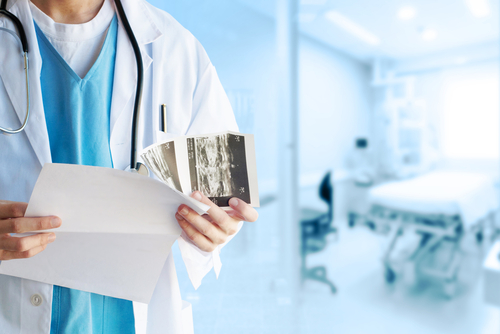
Karla Baptiste was first diagnosed with stage III breast cancer in 2007. At the time, she was just 34 years old. After going through various treatments, her breast cancer disappeared.
Unfortunately, it returned in 2014.
This time she was diagnosed with stage IV breast cancer because it had metastasized to her spine. However, she “dug in her heels” and again fought for her life. And as of February 2015, she is once again cancer-free.
As a way of sharing her story and inspiring other people, Karla wrote “Dig in Your Heels: The Glamorous (and Not So Glamorous) Life of a Young Breast Cancer Survivor.” Her memoir covers her experiences in great detail and highlights the many challenges she faced along her breast cancer journey.
Our interview offers just a small view of what Karla went through. Still, we hope that you can find inspiration through her powerful words.
In Her Own Words
I’m Taking Charge: How did you discover you had breast cancer?
Karla: I discovered my breast cancer myself. Out of the blue, I felt an itch on my left breast. I discovered it was a rash. I had never had a rash on my breasts before. When I went to put some cortisone cream on it, I felt a large mass under the skin which I thought was a cyst since it seemed to pop up overnight. However, I was determined to get it looked into. I had a mammogram and ultrasound which pointed to cancer and a biopsy confirmed that the lump was malignant.
What were some of your first thoughts when you were diagnosed with breast cancer?
My first thought was that I didn’t want to fall into a deep depression and I didn’t want people falling apart around me. It was hard to believe this was happening to me, but it was definitely happening, and I needed to make sure everyone around me was going to be strong for me. I decided I would dig in my heels and set the tone for everyone else. If I was strong I thought everyone around me would be strong too.
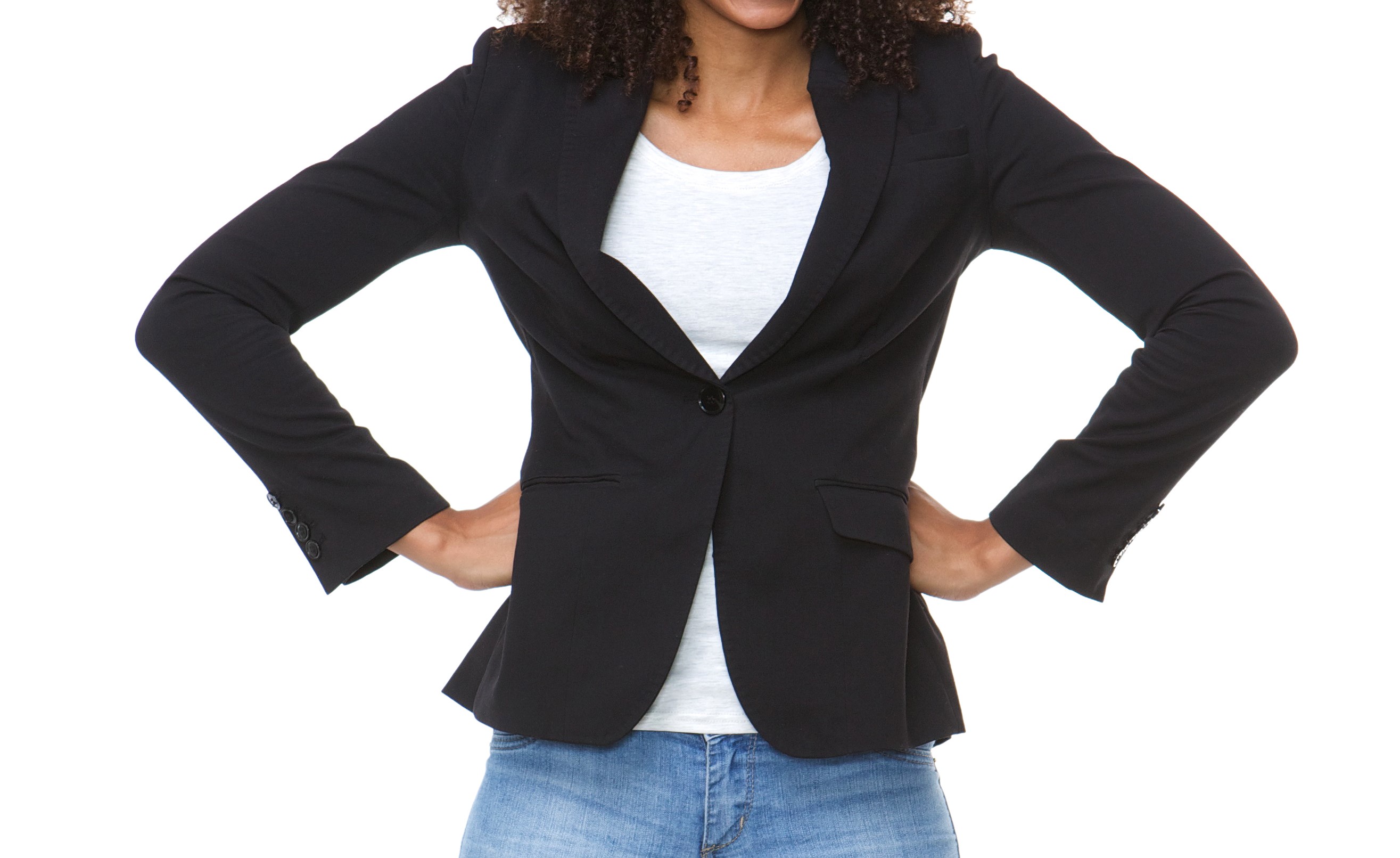
Were you shocked to learn that you had breast cancer at such a young age?
Yes, I was. I had watched a lot of shows like Oprah and read magazines over the years and knew that it wasn’t unheard of for someone young to have breast cancer. That’s why I took it seriously and saw my doctor right away when I found the lump. It was still shocking and very scary.
How did you feel when your breast cancer returned?
When my breast cancer returned it was a very scary and dark time. Luckily for me it had spread to my bones and not my organs, and I caught it pretty early. It was a small lesion in one of my vertebrae. Still I was scared because I didn’t know if treatment would work, and what if I died? I didn’t like how it felt to be afraid every day. Being a woman of faith, I remembered that God didn’t give me the spirit of fear. Fear weakens the immune system and was not going to serve me well in my fight. I had to let it go. Once I did, from that day forward, my life has been a thousand times better.
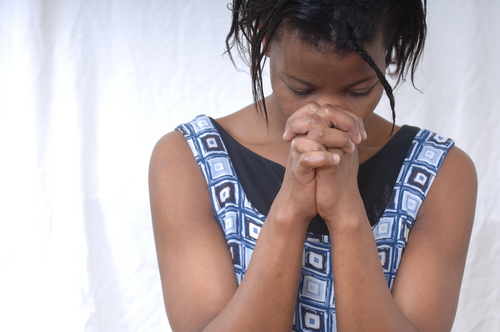
Does your family have any history of breast cancer/did you have a BRCA gene?
I don’t have a BRCA gene mutation. My paternal grandmother died of breast cancer but since she was diagnosed in her eighties and was post-menopausal. Because of that, doctors don’t consider it to be hereditary. Apparently, if you live long enough you will get some form of cancer. However, I think it was genetic and they just haven’t discovered the gene. My grandmother had breast cancer not stomach cancer or colon cancer or any other cancer. Her brother had prostate cancer and her sister we believe also had breast cancer. Reproductive and breast cancers can be related.
Did you undergo any routine preventive breast cancer checks before your diagnosis?
Before I was diagnosed with breast cancer I did my monthly breast self-exams and I had a clinical breast exam four months prior to finding the lump. After my mastectomy, I discovered that my tumor was discus shaped which might explain why it was overlooked. It felt like muscle or breast tissue when I felt for it. I had to squeeze my breast to get a good feel of it. Even my doctor couldn’t find it doing the typical exam. I had to sit up and have him squeeze my breast to find it.
How did you manage your daily life during your breast cancer treatment?
I took disability. I am a believer in rest as a part of wellness. I was fighting for my life and I wanted to devote my full effort to that. I didn’t have any kids so my focus could be on myself. I didn’t try to be normal. I just tried to take things one day at a time.
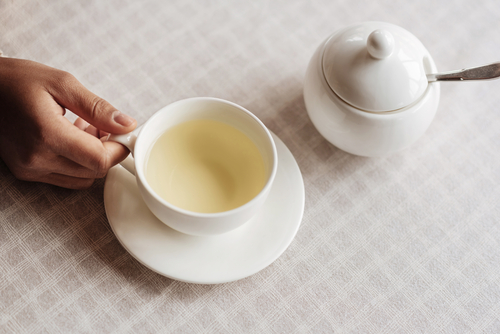
Who did you lean on the most for support?
I leaned on my family the most. The first time I was diagnosed they were in other states but I spoke to them every day and they flew in when they could. My co-workers were also very supportive. The second time I was living in the same city as my family and they were able to be my caregivers and travel to treatment with me.
What was the toughest part of dealing with breast cancer?
The toughest part was managing the side effects of chemotherapy and other treatments. The process was longer than I think I was prepared for. I had a mastectomy on my left breast and it took time to heal from that. Then I had sixteen weeks of chemotherapy and then needed time to heal from that before having six weeks of daily radiation. I had reconstructive surgeries to heal from. My hair fell out and then after treatment started the process of growing back. The whole experience will teach you patience.
What is your life like now?
My life is awesome now. I’m back at work full time. With the second diagnosis I was off for eight weeks. I’ve been cancer-free for two years. I go to the Cancer Treatment Centers of America in Zion, IL once a month for treatment which I will have for the rest of my life. I look at my situation like it’s a chronic illness. I’m on medication for the rest of my life just like someone with diabetes or high blood pressure. I’m active in a few different breast cancer organizations. When I go to the hospital for treatment, I lead a journaling class called “Writing Through It” which explores the healing powers of expressive writing. I’ve written a memoir about my breast cancer journey called “Dig in Your Heels: The Glamorous (and Not So Glamorous) Life of a Young Breast Cancer Survivor.” For a limited time, 100% of the proceeds are going to build an oncology center in my father’s birthplace St. Vincent and the Grenadines in the West Indies. I spend a lot of my free time promoting my book, doing public speaking, encouraging other women to take care of their breasts, and encouraging other survivors to never give up hope.
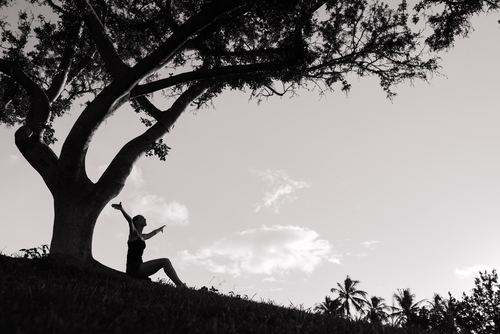
What should young women with breast cancer know as they prepare for their own breast cancer journey?
I would say to them that it is a long journey. Take things one day at a time. Know everything you can about your diagnosis and ask questions. Don’t be afraid to get a second opinion. Incorporate diet and exercise into your treatment routine. Last but not least think positive. Don’t focus on all the things that are going wrong in your life. Focus on how blessed you are. Things could always be worse.
Do you have any advice for young women who might develop breast cancer?
I would say to know your breasts. Do your breast self-exams. People who catch their breast cancer early fare better. Get a second opinion so that you can weigh your treatment options. Be positive. Surround yourself with positive people and of course, dig in your heels!
Thanks to Karla for making the time for this interview! You can check out her website at: www.diginyourheels.com.
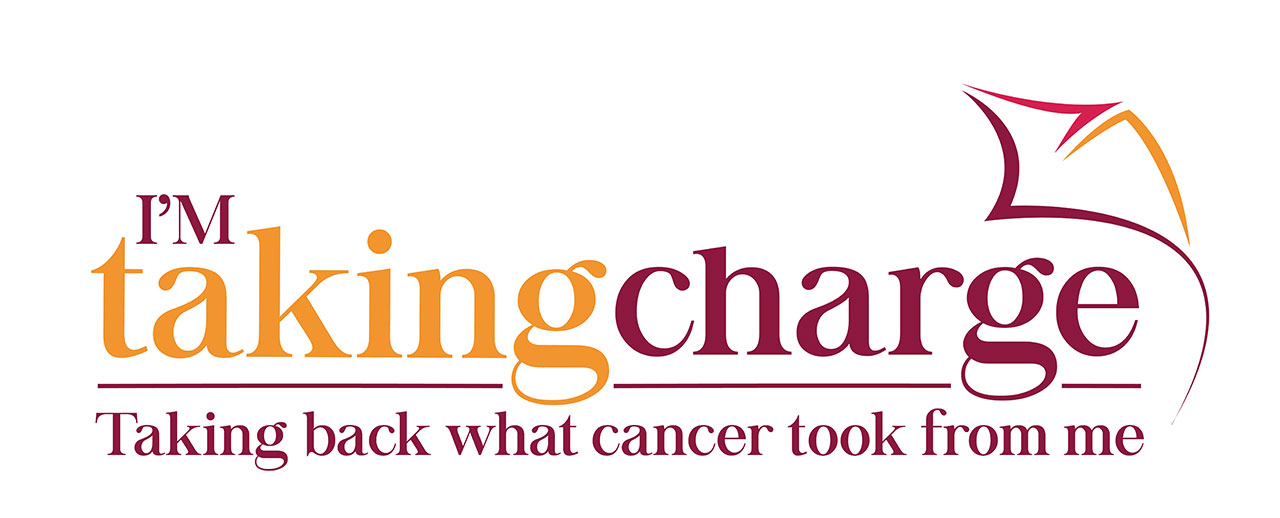
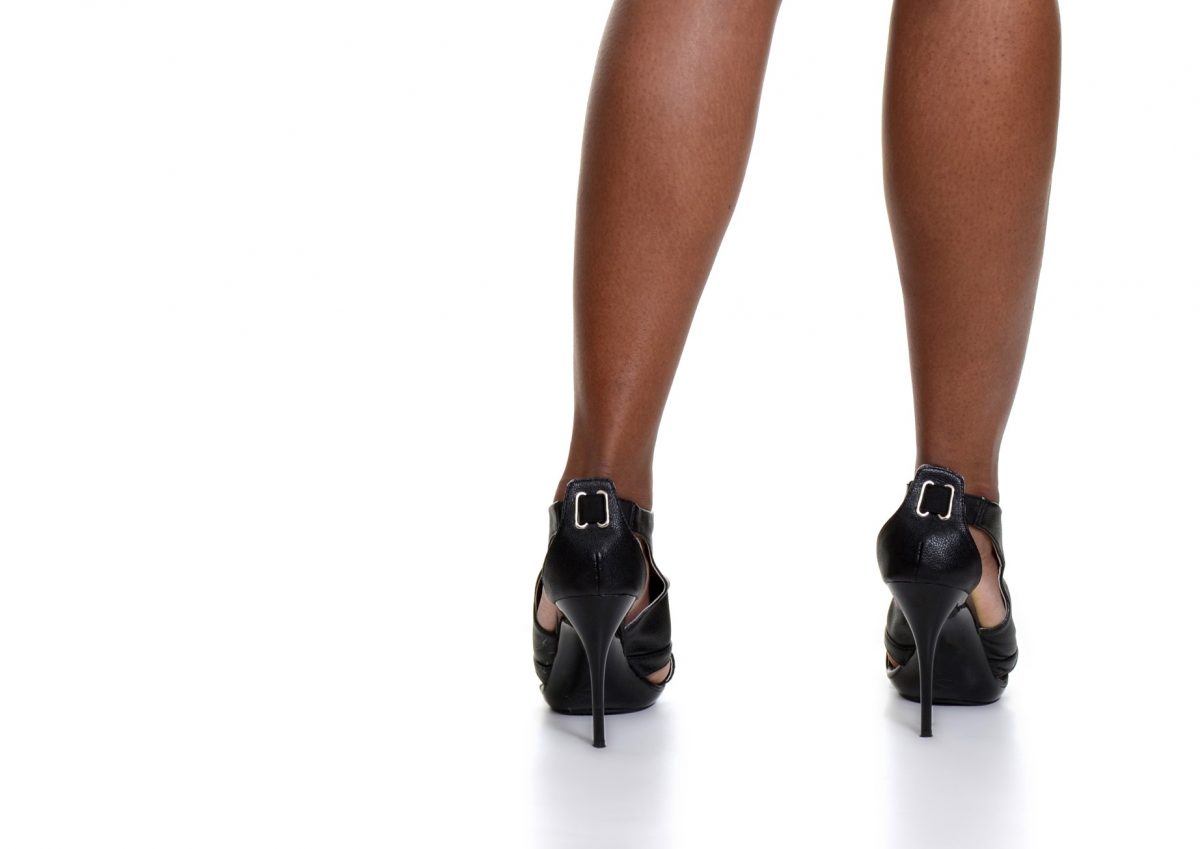
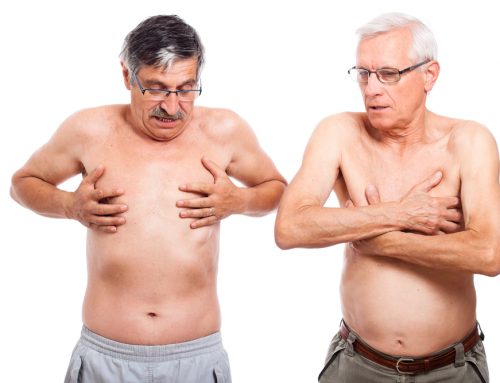
![Why Is Forgiveness So Important to Cancer Patients? [Podcast Ep. 26]](https://imtakingcharge.com/wp-content/uploads/2018/08/shutterstock_1008129595-500x383.jpg)
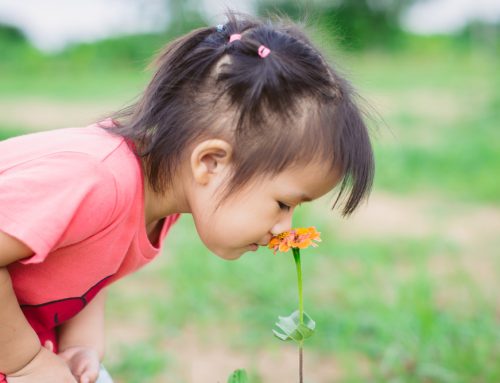
![How to Piece Together Your Post-Cancer Life [Ep. 24]](https://imtakingcharge.com/wp-content/uploads/2018/07/Optimized-chuttersnap-478260-unsplash-500x383.jpg)
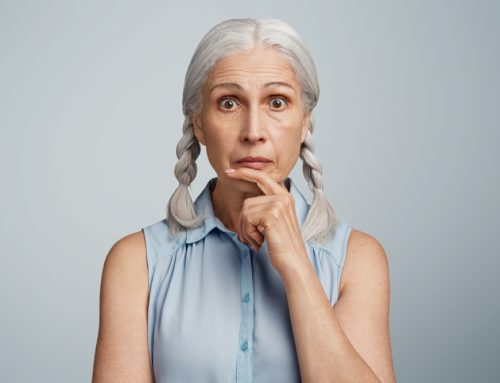
Leave A Comment